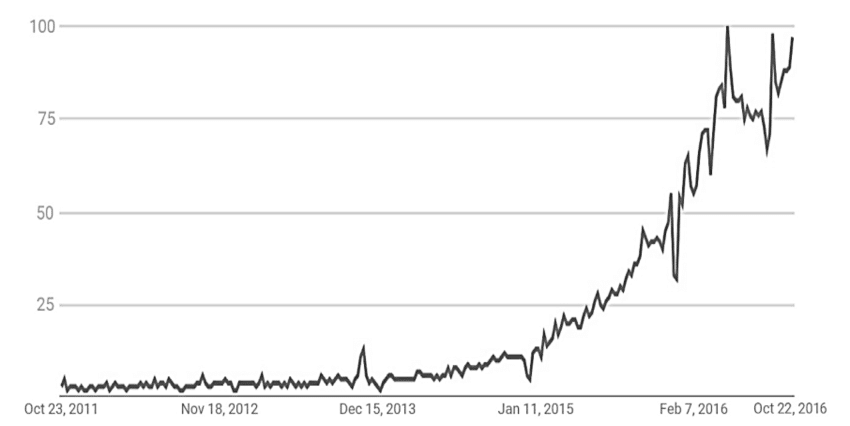Fintech, short for “financial technology,” refers to the use of electronic and informational systems in the financial sector in order to streamline and modernize traditional financial services. The widespread use of digital technologies has shown fintech to be an indispensable tool in every industry. All sizes of enterprises may make use of its convenient services, from mom-and-pop shops to multinational conglomerates.
Contents
1. Cost-effective option
It’s no secret that fintech is a far more cost-effective option for banking than its more conventional counterparts. Companies in the fintech industry may save money on overhead costs like office space, employee salaries, and marketing and account setup since they operate entirely online. Because of their reduced operating expenses, they are able to pass those savings on to their clients.
Fintech companies are able to provide competitive pricing and perks to their clients since they operate in a more efficient manner. The vast majority of fintech companies have no minimum deposit requirements and do not charge for the majority of account-related services. All of its advantages may be accessed via a single, unified, and adaptable platform.
2. Inclusive and accessible
A tablet and a wifi connection are all that are required to use most financial services, greatly expanding their availability. It has caused a worldwide revolution in the financial industry by making banking services available to those who previously had none. Electronic payment systems have expanded access to banking services. Governments can benefit from fintech since it brings standard services to areas that previously had access to them. The vast majority of fintech platforms offer a wide variety of services in an approachable format.
3. Safe and reliable
Concerns regarding the reliability of fintech have divided views. It has a few weak spots, but overall it’s considerably safer than traditional banks. Oftentimes, traditional businesses are more vulnerable to cyber assaults because of their outdated IT systems. Because it is built on cutting-edge technology, fintech is able to rapidly adapt to new developments in the field, including improved security protocols. To keep your hard-earned money secure, it uses biometric authentication, immediate alerts, location-based protection, and other similar features.
Due to these clear advantages, fintech has quickly become a driving force in the financial and economic sectors of our country. Fintech is essential for both personal financial management and company continuity planning.




